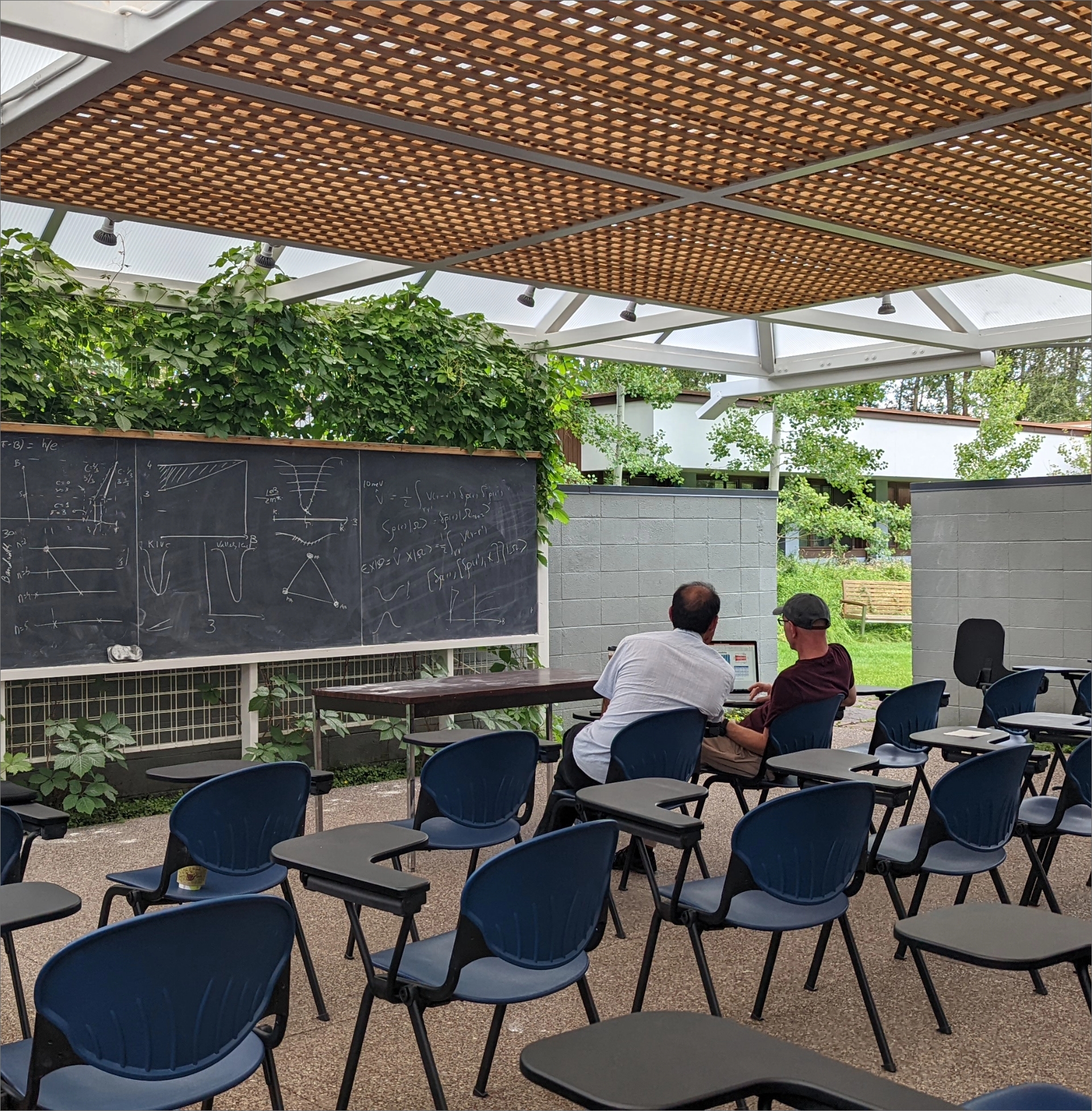
Summer Program
AI Reasoning in Theoretical Physics
May 24–June 14, 2026
Organizers:
Bruno De Luca, Stanford University
Moritz Münchmeyer, University of Wisconsin Madison
Sabrina Pasterski, Perimeter Institute
Gary Shiu, University of Wisconsin Madison
Large language models are becoming powerful enough to perform mathematical reasoning in theoretical physics at research level. These models will likely have a significant impact on theoretical physics research in the near future, from assisting with calculations to making novel connections in their vast knowledge base. In this workshop we will explore how AI reasoning models can be used in theoretical physics, how to combine them with our existing computing tools and knowledge base, and how to improve their reliability in our field. We will cover both general reasoning systems and specialized approaches to specific theoretical problems. We will seed the development of benchmarking problems and specialized training data, and identify specific unsolved problems which are promising targets for AI reasoning. While the focus of the workshop is on theory, we also welcome work that uses reasoning models to write scientific code and analyze data in physics. We will also discuss how to ensure that research with these models remains open and accessible to the community, and how their use will affect the future of the theoretical physics community. We encourage computer scientists and mathematicians with an interest in theoretical physics to join this workshop.
Summer Workshops
The summer program, running for 16 weeks from late-May to mid-September, emphasizes exciting open problems at the cutting edge. Two or three concurrent workshops, each with a specific focus selected for timeliness and the potential for breakthroughs and of two to five weeks in length, establish the main themes of each week, with twelve or thirteen different workshops each summer, balanced across fields including particle physics, string theory, astrophysics and hard and soft condensed matter physics, as well as emerging areas including biological physics, ultra-cold atom physics, quantum information, and physical mathematics. Additional researchers participate in small working groups or as individual researchers. This framework is designed to maximize informal interactions and free discussion within each area and to promote cross-fertilization between different areas via the common language of theoretical physics. Participation in the summer program of the Aspen Center for Physics is by application and subsequent invitation only. View past workshops.
